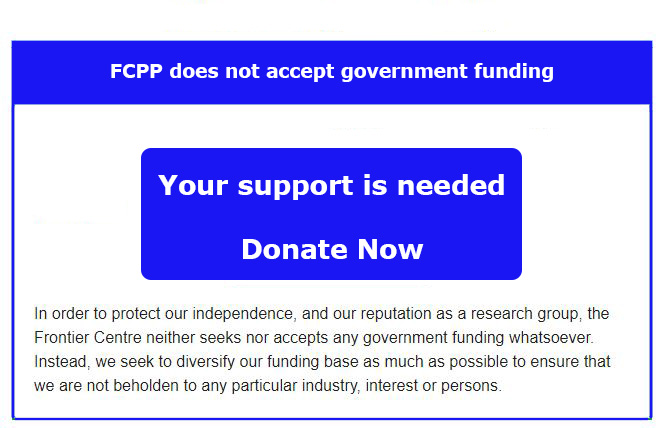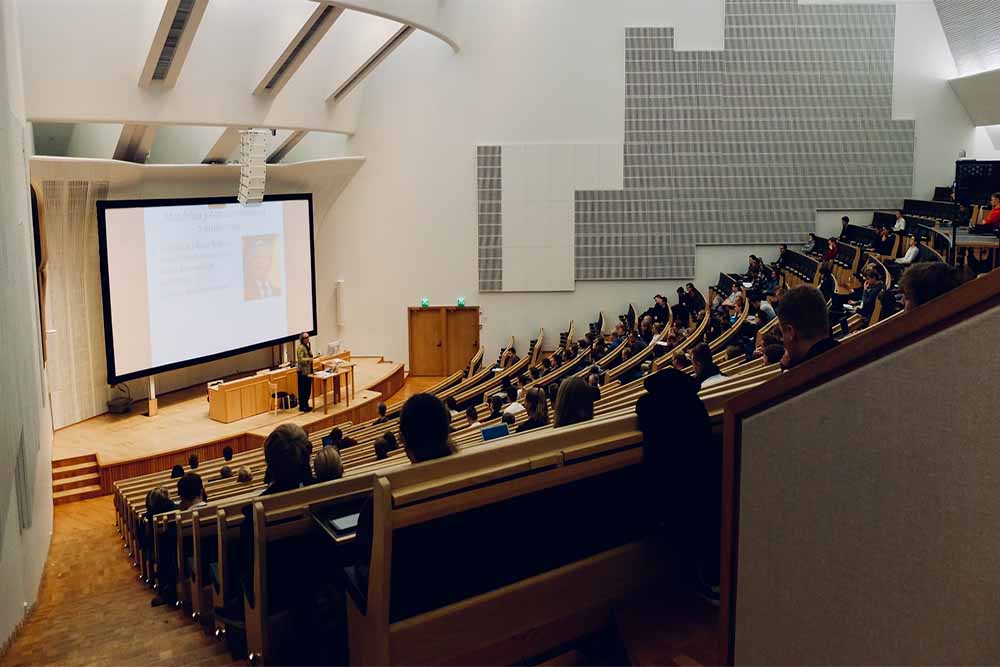The Truth and Reconciliation Commission (TRC) recommended that all Canadian children learn about residential schools. This is part of Canada’s history, and is now taught in every classroom.
However, there is reason to worry that a fair and balanced view is not being taught. A recent case in British Columbia is concerning. A teacher asked students to list positive things about residential schools. One parent complained that there were no positives. The teacher’s superiors immediately condemned the teacher and announced that students should be told that everything about residential schools was negative.
But this is clearly not true. The TRC report itself lists many positive accounts from former students who describe their experience as an important part of their development. They credit residential schools for giving them an education they otherwise would not have received. Books have been written about these positive experiences.
Most of the Indigenous leaders of previous generations got their start at residential schools. One example is Winnipeg’s own Assiniboia Residential School. It had a winning hockey team, eight members of which went on to become chiefs in their home communities. They had received an education that their friends who stayed behind did not.
None of this is to deny the fact that many children were abused at residential schools, and that a great deal of the residential school philosophy and practice was deeply flawed. That is also a permanent part of Canada’s history, and must be candidly discussed with students. However, the students must be given a balanced picture.
The truth is that educating Indigenous children was seen as being every bit as important in past years as it is today. Children must learn about their culture, which is something residential schools largely failed to do. But they must also learn the English, math, and science skills that are essential for success, whether those children choose to remain home, or venture out into the larger world.
The negative side must be taught, and it is. But teachers must be free to teach the whole picture. Just as Canada’s history has many warts, we have also done some things right. Canadians can be proud of the fact that our border was the “medicine line” to Indigenous people, because crossing it meant the “healing” of sanctuary. So, while wars were being fought against Indigenous people to the south of us, Canada took a different path.
This policy has borne fruit. A steadily increasing number of Indigenous people have entered the Canadian middle class without sacrificing their Indigenous identity. They show the way for those who remain on the margins.
The senator who headed up the TRC said this about the history of residential schools: “It is education that has gotten us into this mess, and education that will get us out of it.”
This is profound. Education is the key for Indigenous children who plan to remain in their home communities, as it is for those who choose to seek their fortunes elsewhere. But the education children receive must be balanced and truthful. The positive, as well as the negative aspects of residential schools must be taught. Students must learn that their country has made mistakes, but that we can take deep pride in living in what may be the least racist country in the world.
Brian Giesbrecht, a retired judge, is a senior fellow at the Frontier Centre for Public Policy.
Photo by Dom Fou on Unsplash.



